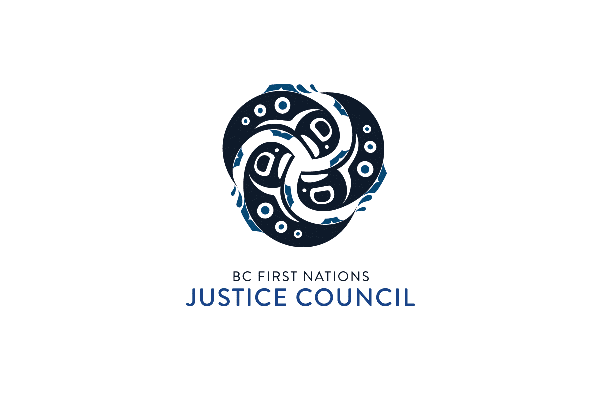Home »

Indigenous justice centre now open in Cranbrook
The B.C. government, in partnership with the BC First Nations Justice Council (BCFNJC), announced today (Feb. 6) six more Indigenous justice centres are opening in B.C., including one in Cranbrook (that opened Jan. 23).
B.C. Attorney General Niki Sharma was joined by BCFNJC councillors in Kamloops to celebrate opening the six new centres in Cranbrook, Kamloops, Williams Lake, Port Hardy, Fort St. John and a shared location serving the communities of Burns Lake and Hazelton.
The six new centres fulfill a commitment to establish 15 Indigenous justice centres (IJCs) throughout B.C.
“It is incredible to reflect on what First Nations, the BC First Nations Justice Council and the province have collaboratively achieved – a network of 15 Indigenous justice centres across B.C.,” said Kory Wilson, chair, BCFNJC. “IJCs provide Indigenous clients with optimum legal representation and access to wraparound services that extend beyond their legal needs. As those accessing our services often feel overwhelmed and disconnected from community, IJCs embrace them with care, honour their cultural identity and protect them from falling through the cracks.”
With the opening of these IJCs, the BCFNJC, the province and Canada have completed Strategy 4 of the BC First Nations Justice Strategy. Strategy 4 is a key commitment that calls for establishing a network of 15 IJCs throughout B.C., a joint Ministry of Attorney General and BC First Nations Justice Council media release noted.
The six new centres join the existing nine physical centres in Chilliwack, Kelowna, Merritt, Nanaimo, Prince George, Prince Rupert, Surrey, Vancouver and Victoria, along with the virtual centre serving the province remotely.
IJCs address systemic barriers faced by Indigenous Peoples in the justice system by offering culturally appropriate legal advice, representation and referrals to local support services directly to Indigenous people at the community level.
The range of services and the focus in each location may vary based on the needs, strengths and services available in each community, but are initially focused on criminal defence and child protection matters, the media release outlined.
“All Indigenous Peoples, regardless of whether they qualify for legal aid, can access free, culturally informed legal and outreach services at IJCs,” said Sparwood-raised Sharma. “I am grateful to all our partners in delivering services that help build resilient communities and improve our justice system.”
The IJCs aim to help Indigenous people in the justice system address the root causes of their involvement and offer supports to help prevent future interactions with police and the justice system.
Legal and outreach teams at the IJCs use their diverse community, cultural and professional expertise to support the healing and restorative-justice journeys of Indigenous clients. Through resource and support workers, clients may be referred to services such as housing, employment services, and mental-health and addictions treatment.
“Tk̓emlúps te Secwépemc is pleased to be the home of a brand-new Indigenous justice centre, where our communities can seek legal representation alongside wraparound services in an environment that feels culturally safe,” said Kúkpi7 (Chief) Rosanne Casimir, Tk̓emlúps te Secwépemc.
“We extend our appreciation to the BC First Nations Justice Council and the province for addressing and working toward better systems of justice for Indigenous Peoples. The relief, safety and support this centre brings will ripple through our community with positive effects.”
Legal services offered at IJCs:
* Legal advice and representation on criminal and child-protection matters.
* Advocacy and support for matters involving RCMP, the Ministry of Children and Family Services, and child and family service agencies.
* Pre-trial support with housing and employment services.
* Referrals for counselling, treatment programs, education and training, employment and other resources.
Support services offered at IJCs:
* Elders available to provide cultural support, practical guidance and healing with traditional medicine.
* An Auntie role that supports families and victims.
* Resource-support workers to ensure the connection to holistic wraparound services.
* Access to the Gladue services department at BCFNJC, for Gladue Letters, reports and aftercare.
* “Gladue” refers to a 1999 Supreme Court of Canada ruling that in sentencing, a court must consider an Aboriginal offender’s background.
* The scope of services available at the IJCs will continue to evolve based on community input.
The Cranbrook Indigenous Justice Centre is located at 44-12th Ave S, Cranbrook.
Find more information about Indigenous justice centres.
e-KNOW file photo
e-KNOW







